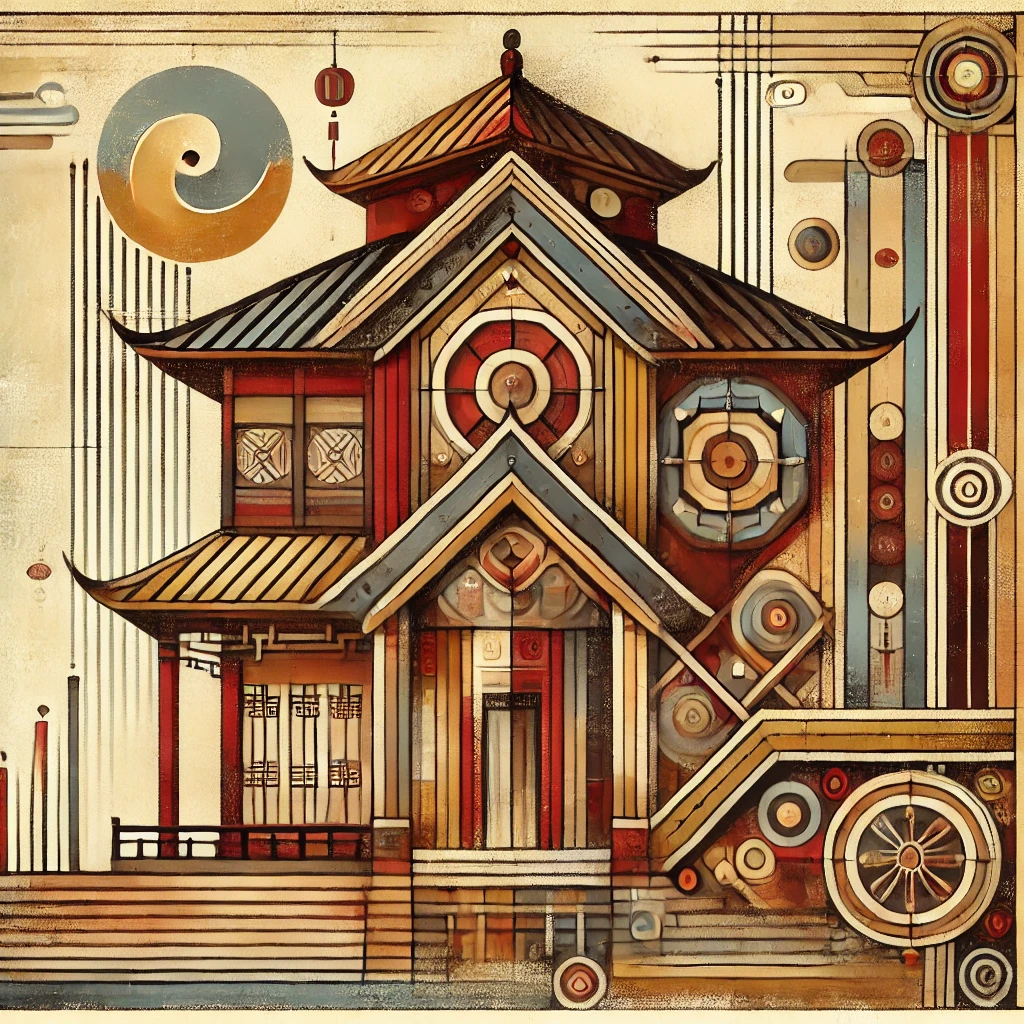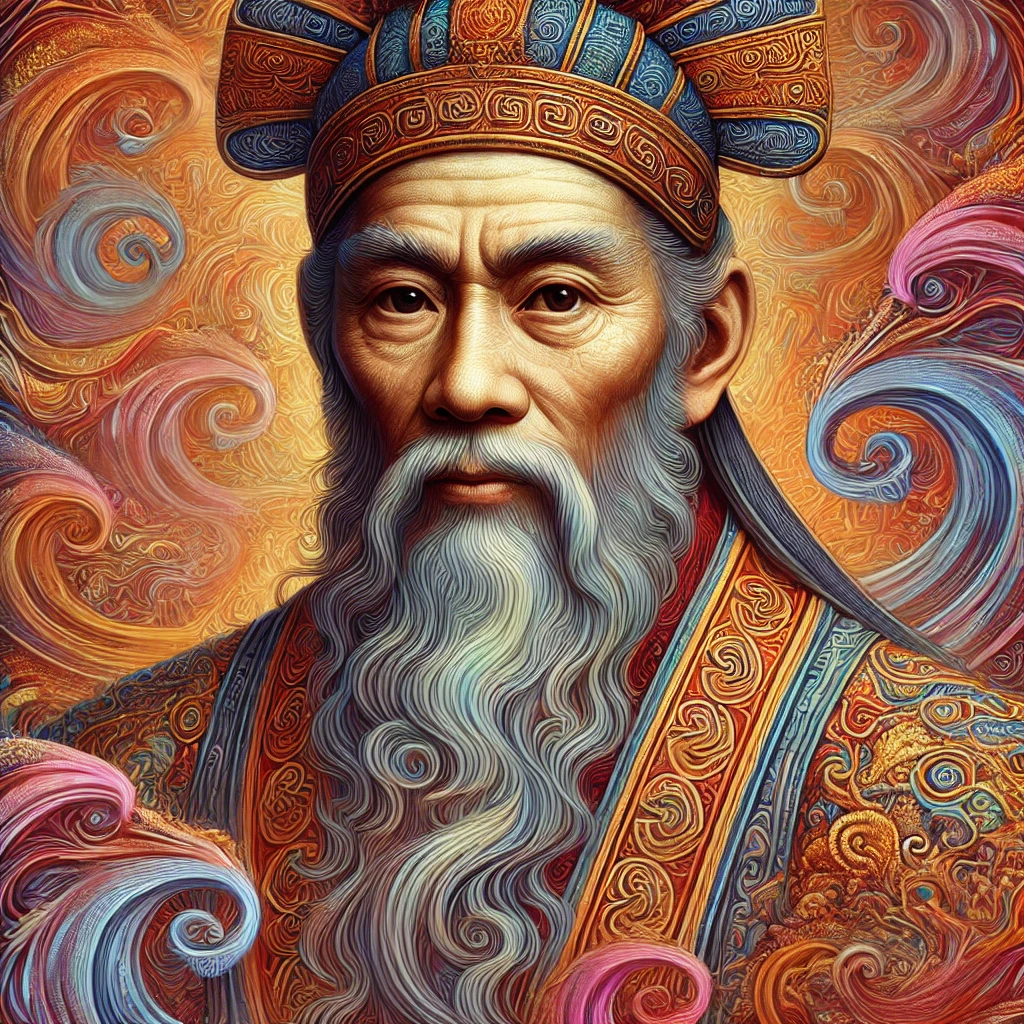Confucianism

Place of Origin: Ancient China
Century of Origin: 6th-5th Century BCE
Overview of Confucianism
Confucianism is a philosophy that centers on moral values, respect for family, and building a harmonious society. It teaches that living a good life means treating others with kindness and respect, especially within families and communities. Confucius, the philosopher behind this tradition, emphasized the importance of behaving ethically, following rituals, and living in harmony with others. This way of thinking is meant to guide people toward inner peace and a more balanced, peaceful society.
Confucianism is less concerned with abstract metaphysical questions about the universe and more focused on practical matters of daily life and relationships. It teaches that our focus should be on improving the world we live in and on fulfilling our responsibilities to others. While Confucius spoke about the importance of spiritual growth, he believed that we should strive to live well here and now, rather than focusing on the afterlife.
In Confucianism, wisdom is gained through study, experience, and reflection. Confucius encouraged people to learn from tradition, history, and the examples set by wise and virtuous people. It is believed that, by studying the ways of the past and engaging with the wisdom of others, we can learn how to live more harmoniously with the world around us.
Confucian ethics focus on the importance of living a life that is respectful, kind, and in tune with others. A central idea is filial piety, which means showing deep respect for parents and elders. Confucius believed that strong family relationships are the key to creating a peaceful society. Respect, kindness, and honesty are considered essential, as is the practice of rituals that help bring order and harmony to both family and community life.
Confucianism encourages people to use logic and careful thinking to make moral decisions. Instead of focusing on abstract reasoning, Confucian logic is practical and rooted in daily life. It asks people to think about whether their actions are in harmony with moral values, like fairness and respect, and to consider the impact of their choices on others.
For Confucians, beauty comes from harmony and balance in life. The rituals, traditions, and ceremonies practiced in Confucianism are designed to bring people together and create a sense of peace. Music, art, and cultural practices are seen as ways to promote social harmony and respect for tradition, reminding people of the importance of living in balance with one another.
Confucian methodology involves learning through observation, tradition, and self-cultivation. Confucius encouraged people to follow the examples of wise individuals and to practice rituals that bring order to society. This philosophy teaches that by reflecting on our actions and consistently practicing good behavior, we can grow spiritually and morally.
Confucianism sees humans as social beings who thrive in community. It emphasizes that people are at their best when they act with kindness, respect, and a deep sense of duty to family and society. Confucius believed that people are naturally good and can become even better by following traditions, learning from others, and practicing virtues.
In Confucianism, good government is based on moral leadership. Confucius believed that rulers should lead by example, acting with virtue and integrity. A just ruler, in Confucian thought, should care for the people and ensure that society is orderly and fair. The focus is on creating a harmonious society where everyone knows their role and behaves according to moral principles.
Confucianism was developed by Confucius in ancient China over 2,500 years ago. It became one of the most influential schools of thought in Chinese history and continues to guide people's lives today. Over time, Confucianism influenced not just philosophy, but also education, politics, and social behavior across East Asia.
Important themes in Confucianism include respect for elders, family relationships, and the role of rituals in maintaining social harmony. It also emphasizes self-improvement, moral behavior, and the importance of creating a peaceful and respectful society.
Confucius is the key philosopher in this tradition. His teachings were later expanded upon by thinkers like Mencius, who believed that people are born good, and Xunzi, who focused on the role of education in improving society.




